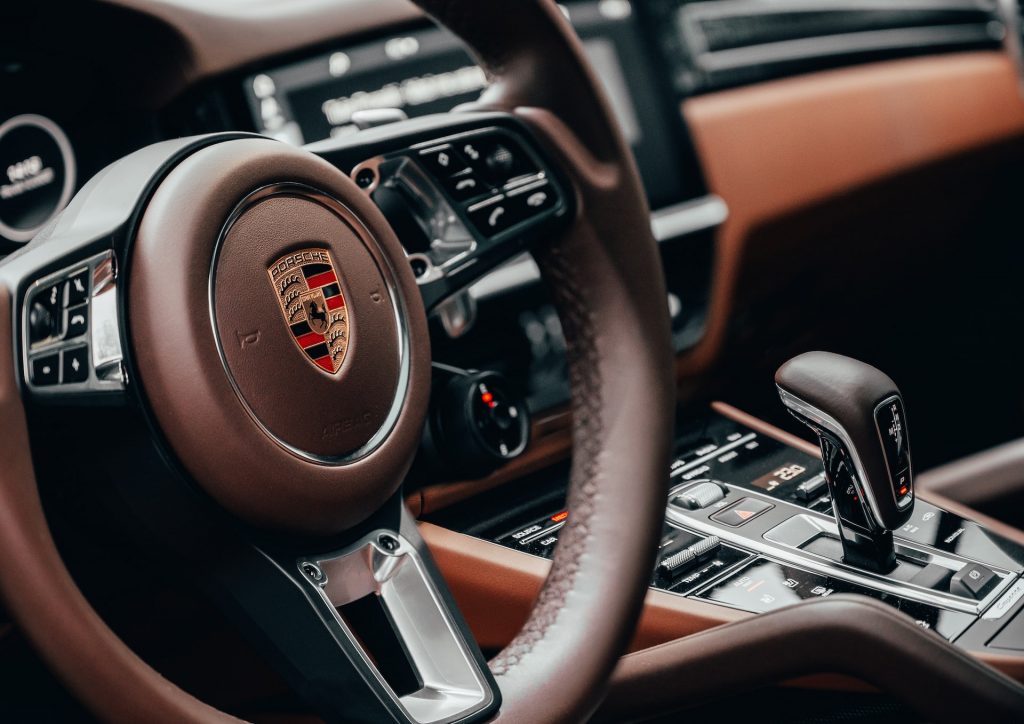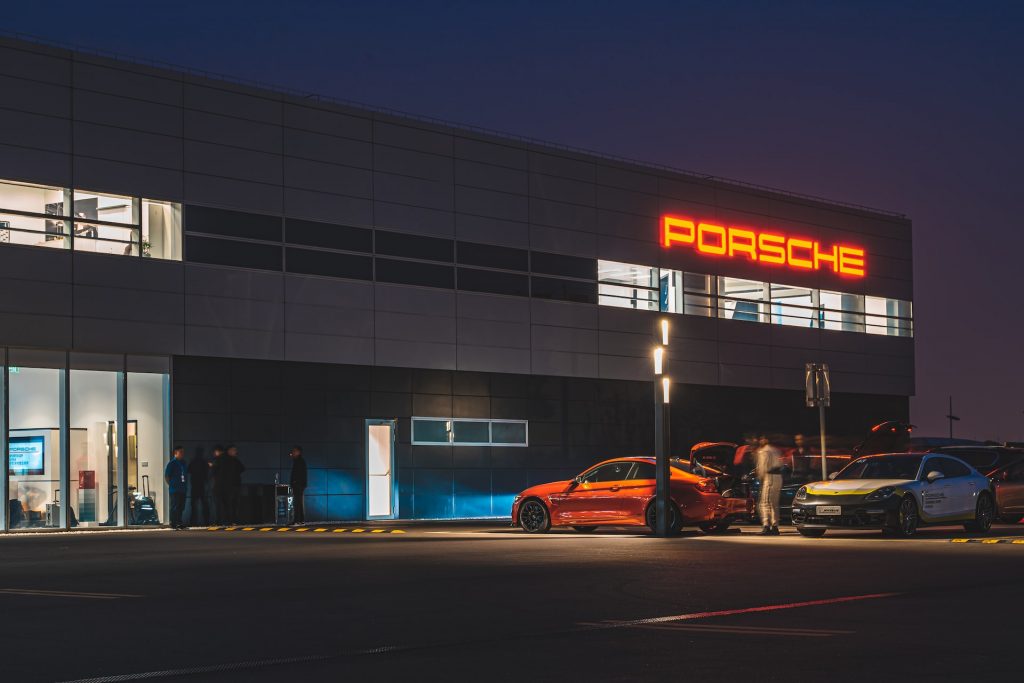Porsche has developed a hydrogen powerplant prototype that can be installed in luxury sports cars and perform as well as a 4.4-liter, eight-cylinder petrol engine, while consuming less fuel and maintaining emissions at ambient air levels.
The project was completed entirely digitally within six months using advanced virtual engine simulations, with the digital data set of the petrol engine serving as a benchmark for the hydrogen engine. Modifications included a higher compression ratio, hydrogen-adapted combustion, and a new turbocharging system.
However, the engine’s propulsion on the exhaust side was hindered by the lower gas temperatures associated with hydrogen combustion, requiring Porsche Engineering to explore four alternative turbocharging concepts since conventional turbochargers were insufficient.

Porsche has developed a hydrogen powerplant prototype that can be installed in luxury sports cars and perform as well as a 4.4-liter, eight-cylinder petrol engine, while consuming less fuel and maintaining emissions at ambient air levels.
According to Porsche, all of the systems included multiple electrically-assisted turbochargers, some of which were paired with supplementary control valves in the air system or electrically-driven compressors. Each configuration has its own unique advantages and disadvantages, with the most suitable option heavily reliant on the engine’s application. For the hydrogen engine that rivals petrol, Porsche opted for a back-to-back compressor concept.
“The process air flows through the first compressor, is cooled in the intercooler, and then recompressed in the second stage.” said Porsche.
The hydrogen engine achieved a maximum output of 440kW and a top speed of 261km/h, which is comparable to its petrol equivalent. Furthermore, the new-energy drivetrain produces minimal nitrogen oxide emissions.

For the hydrogen engine that rivals petrol, Porsche opted for a back-to-back compressor concept.
Porsche stated that while the current version of the hydrogen engine is unlikely to be produced, it showcases the potential of the technology as another option in the constantly evolving array of car propulsion systems.
Finally Porsche noted that the cost of a hydrogen powertrain in mass production could be comparable to that of a petrol engine.
To learn more about Ryze Hydrogen, click here.






